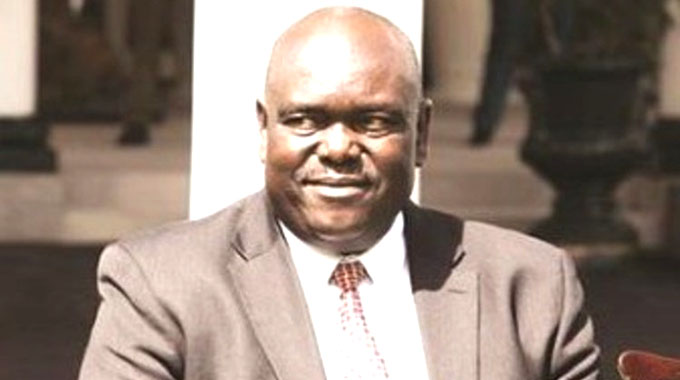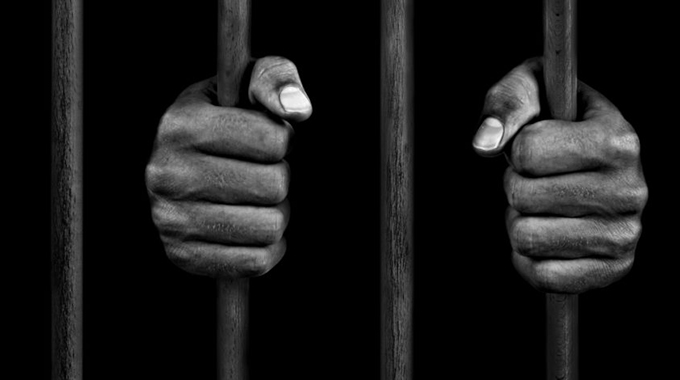(Looking Back) – Glad tidings for Unity Agreement

The Herald, December 23, 1987
This Comment from The Herald is the first instalment as this week, we look back in time on the historic signing of the December 22 Unity Accord.
After years of negotiations, unity between Zanu (PF) and Zapu finally became a reality yesterday. But after appending their signatures to the four-page agreement, both Cde Mugabe and Cde Joshua Nkomo agreed this was only the beginning of the process of unifying the people.
The road to this successful outcome has been long and tortuous. It has been a frustrating exercise that taxed the patience of the negotiating teams.
Doors were opened and then slammed shut. Accusations and counter-accusations were made and at one time Zanu (PF) declared that it would no longer talk.
For the first time in the long search for the reunification of the two parties, the danger of Zimbabwe continuing to die as a divided nation appeared real.
But in the background, the President, Cde Banana, cajoled the two sides back to the conference table, acting as an impartial intermediary by virtue of his position. That use of his good offices culminated in the signing yesterday of the unity agreement.
It was, as President Banana said in his address, the best Christmas gift the nation could ever wish for. Indeed, it is a marvellous send-off for Cde Banana and a grand welcome for Cde Mugabe, who assumes the presidency of the united party, besides becoming the first Executive President of Zimbabwe next week. The question was being asked yesterday: which single person or party made this unity possible?
The answer: Both the parties involved, the negotiators as well as the general membership. Zanu (PF), with the majority it commands, could have chosen to be intransigent. And Zapu, with the near total support it has in Matabeleland, although small support on a national scale, could also so easily have chosen to remain the smaller party it is and continued to harass the ruling party in Parliament. The ruling party’s goal of national unity would have taken much longer to achieve. Its cherished desire for a one-party state would have ultimately had to be forced on a section of our political community.
What next?
Both signatories to the unity agreement and the President were agreed that signing a piece of paper is only the beginning.
The implementation stage, which involves the general membership, now begins. Attitudes of suspicion, distrust and even hatred built up over more than two decades of division will now need to be changed. “Pasi neZapu” is gone forever. Both sides will have to work hard to bring about that change of attitudes and build confidence among the membership.
The leaders have led their parties this far. We believe they have the ability, will, drive and energy to surmount the hardships ahead. We are sure the membership will not be found wanting in providing the support required.
LESSONS FOR TODAY
Zimbabwe turns 40 in a four months. After the Lancaster House Agreement of 1979, the Unity Accord of 1987 was another landmark event that should have resulted in lasting peace and unity.
In order to break the current polarisation, there is need to build on the agreements signed in the past, some of them between multi-party organisations.
So important is the Unity Accord that December 22 was declared a public holiday.
The lessons from the Founding Fathers are that despite disagreements, there should be room to reconcile and forge unity for the sake of development and future generations.
If President Banana succeeded in ensuring that former President Mugabe and Vice President Nkomo stayed on the negotiating table until the 1987 Unity Accord was signed, why is it not possible today? This was a local solution to local problems working at its best!
The route to achieving Vision 2030 is unity of purpose among all Zimbabweans.








Comments